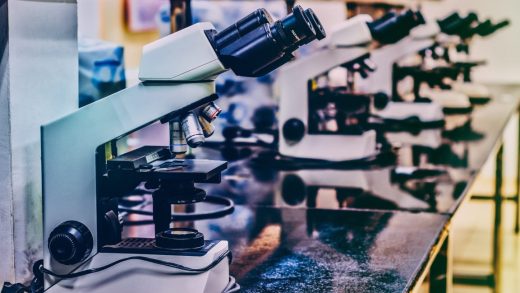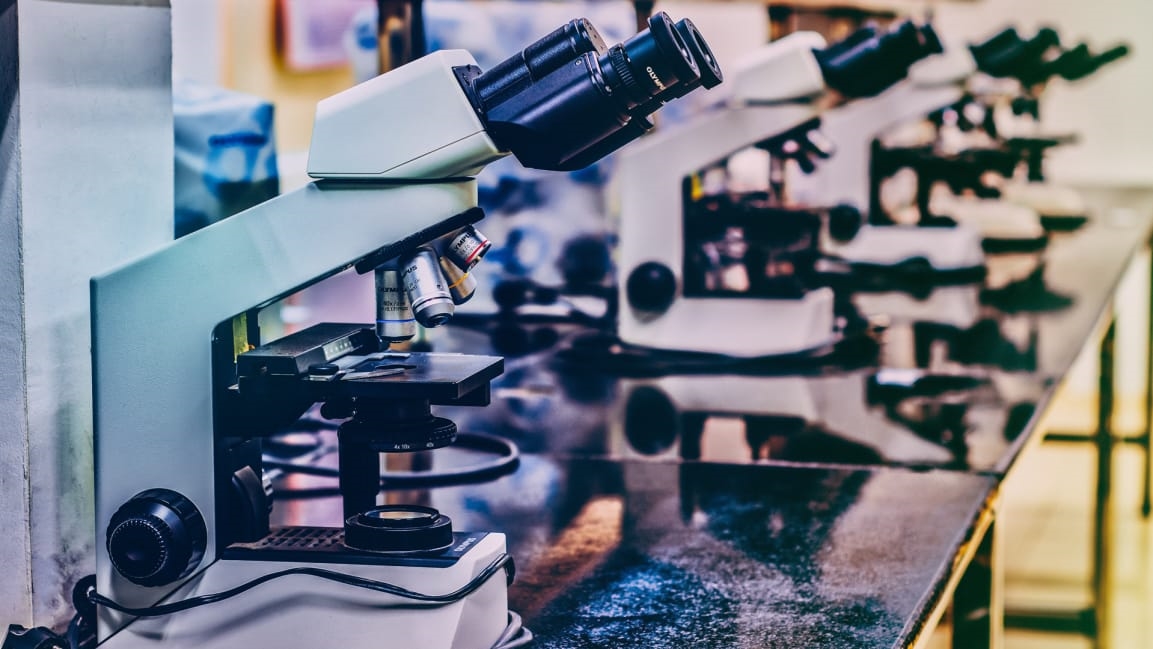CRISPR babies are reportedly here
The 1997 movie Gattica, which depicted a disturbing future world where people genetically altered their future offspring, seemed like far-off science fiction at the time. Well, that future is now here. (November 29, 2018), the MIT Technology Review published a story about documents it unearthed by a Chinese researcher, He Jiankui, who has been recruiting couples to create the world’s first gene-edited babies. Hours later, the Associated Press came out with an article where He said he’s already worked with seven couples. He added that a pair of twins was born last month as a result of his clinical trial.
The gene-editing tool CRISPR has become a well-known tool in the science research arsenal. But this is the first time it’s ever been used to create new human babies–and this news will surely lead to outcry from the global scientific community. As the Tech Review writes, gene editing can create myriad risks–including unknown mutations down the line as a result.
The Chinese scientist told the AP that this trial was an attempt to give the future offspring the genetic ability to resist the AIDS virus. (Scientists are already noting that He’s research may be foolhardy, as others are already using CRISPR to research new AIDS treatment methods, but with adults.) For all of the couples, the men had HIV–but the virus was already suppressed via other medicine to not risk spreading it. “Instead,” writes the AP, “the appeal was to offer couples affected by HIV a chance to have a child that might be protected from a similar fate.”
Included in He’s team is a U.S. professor, Michael Deem, who traveled to China to do the trial because this sort of work is currently banned in the United States. Deem was He’s advisor at Rice University in Houston, where he studied before opening a lab in Shenzhen, China.
What’s perhaps most concerning is that it seems He and Deem seem to have started their work before disclosing what they were doing. What’s more, the AP notes that the people participating may not have been fully aware about what they were participating in; “consent forms called the project an ‘AIDS vaccine development’ program.” This is also their first time ever running human clinical trials. Put together, there are a lot of real ethical concerns at play.
Overall, this news indicates we’re entering into an unknown new world of genetic research–one full of risks that could potentially have life-altering effects on the participants. This week, the world’s top genetic researchers will meet at the Second International Summit on Human Genome Editing. Though not on the agenda, this news will surely be discussed.
You can read the MIT Technology Review‘s story here and the AP’s here.
(20)



